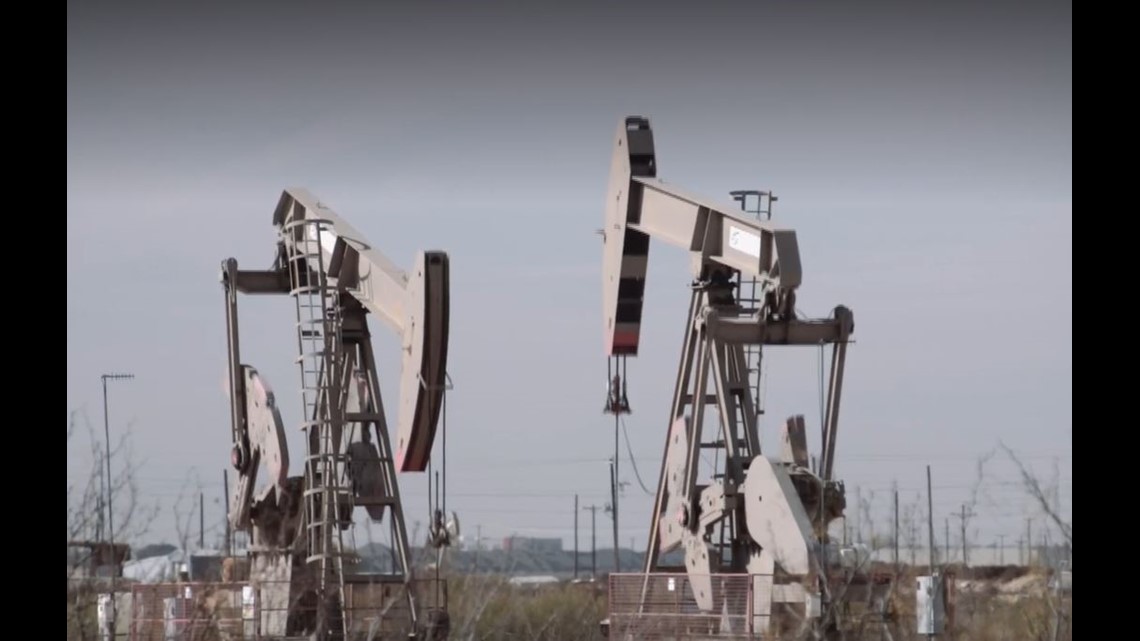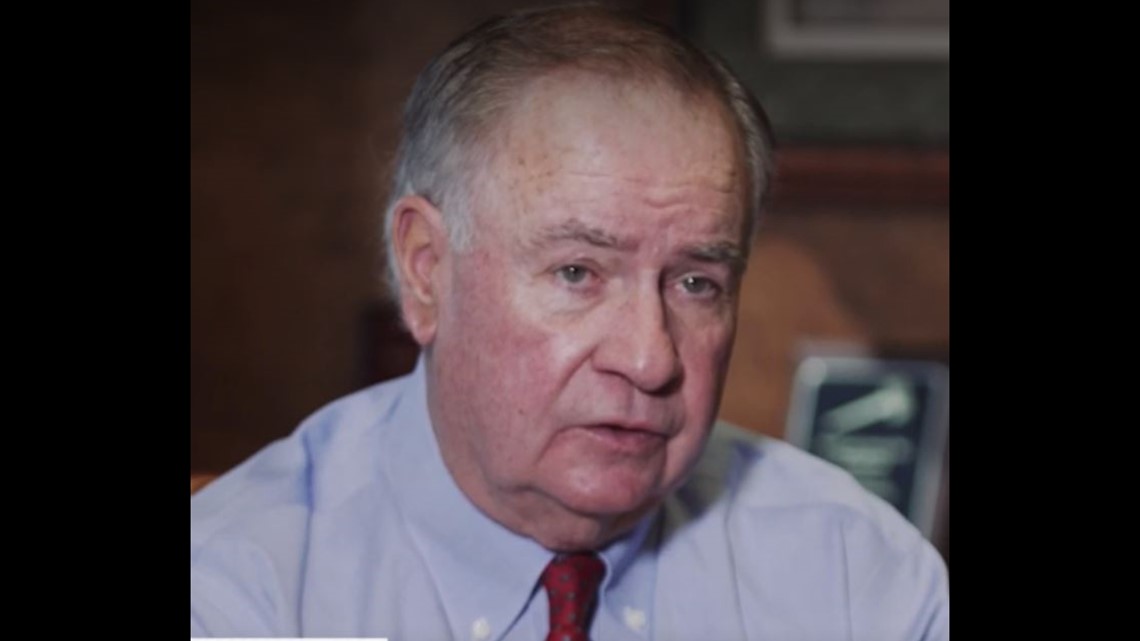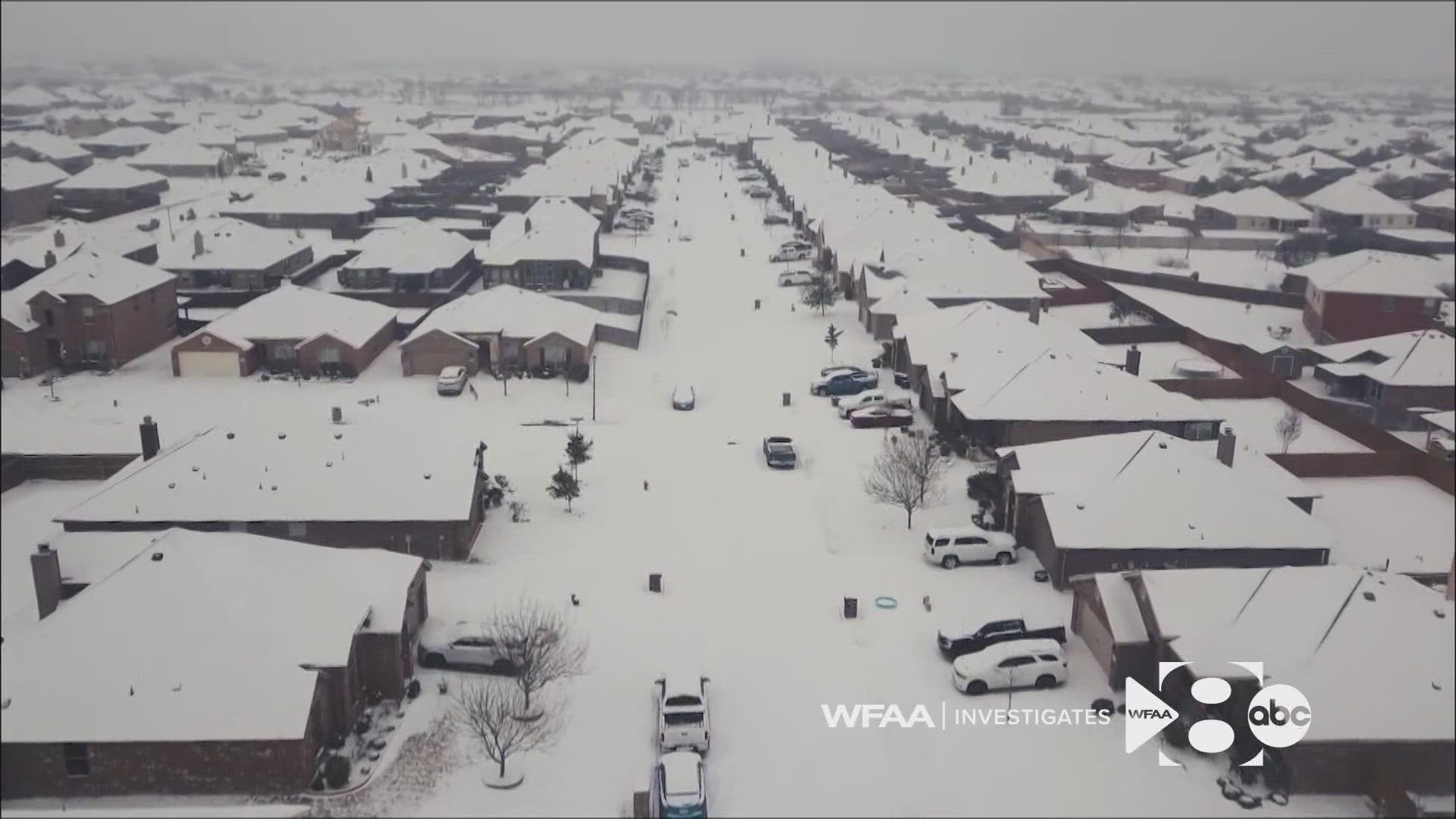MIDLAND, Texas — Months after the February 2021 winter storm left millions in the dark and cost several hundred people their lives, federal regulators have announced that they’re investigating the actions of two natural gas companies.
Investigators from the Federal Energy Regulatory Commission are looking to determine if the companies manipulated prices during the crisis. If found to have done so, the companies could face stiff civil penalties.
Regulators did not release the names of the companies.
In a November report, regulators said auditors have reviewed more than 2,000 natural gas transactions, resulting in auditors conducting “10 inquiries into natural gas market participant behavior during the cold snap.”
Auditors closed seven of the inquiries, referred two for investigation and continued to investigate one, the report said.
“This examination remains ongoing … as new information comes to light,” Kevin Dinan, a FERC attorney, told commissioners during a November meeting.


February’s winter storm showed in real time just how much the state’s electric grid relies on natural gas.
Almost 50% of the grid’s electric plants need natural gas to operate. Power plant operators have reported that many of them could not get it, leaving them unable to produce electricity.
When the plants did get it, the price of natural gas had shot up to hundreds of times higher than the normal cost.
FERC investigators also found that the fuel supply issues, mostly related to natural gas shortages, caused almost a third of the outages.
From the start, state lawmakers have questioned whether collusion and price manipulation may have been at play in the natural gas markets.
“I've heard from reliable sources that the producers enjoyed the shortages because it raised the prices while people were suffering,” State Sen. John Whitmire, D-Houston, said during a February committee hearing.
During February’s marathon hearings, oil Industry lobbyist Todd Staples fielded tough questions.
“Do you Mr. Staples have any knowledge or thought or concern that there was any collusion or any profiteering in the natural industry during this time of crisis for Texas and for Texans?” asked State Sen. Charles Schwertner, R-Georgetown.
“I did not see any and I have no evidence of any,” Staples responded during the hearing in February. “If anyone violated laws, they should be prosecuted.”
During a recent tour of West Texas natural gas facilities, Staples, again, indicated he had not seen evidence of price manipulation.
“Electricity prices rose and when there's scarcity, we know that all prices are influenced similarly,” he said.
Staples blamed power generators for not having firm contracts to ensure that they had sufficient natural gas supply.
“Planning for that and purchasing (natural gas) ahead of time is the way you resolve some of those uncertainties about gaining product when you need it during a period of scarcity,” he said.
Federal regulators aren't the only ones looking into allegations of price manipulation.
Brazos Electric Power Cooperative filed for bankruptcy after it could not pay a $2.1 billion invoice from ERCOT. The company has retained Dallas attorney Ted Lyon.
“We've been hired to look at manipulation of the markets, antitrust violations and things of that nature by gas processors that resulted in their company and many other companies losing billions of dollars,” Lyon said. “We have witnesses who will be able to testify that they offered more production to major processors, and were told we don't want it.”


To be sure, there were some definitely some companies who profited from Winter Storm Uri.
One of them was Dallas-based pipeline company Energy Transfer.
The company reported in a May news release that it had made $2.4 billion “from the storm for 2021.”
During those February hearings, lawmakers questioned an Energy Transfer executive.
Grant Ruckel, a company vice president, told lawmakers that the company had no control over the price of natural gas.
“We are not market makers,” Ruckel told lawmakers. “We're buyers and sellers just like everyone else into the market.”
The company did not respond to a request for comment asking if it had been contacted by federal regulators.
Vistra Energy – one of ERCOT’s largest power generators – was definitely on the losing end.
The company paid $1.4 billion for natural gas during the week of the winter storm – more than it pays in an entire year.
“I would also that we should have somebody that has oversight on pricing of natural gas especially during crisis situations,” Vistra Energy CEO Curt Morgan said during an October interview.
Morgan said during the winter storm, natural gas suppliers broke contracts with the company and cited the emergency weather conditions as the reason for cancelling the contracts. That forced Vistra to buy natural gas on the open market as prices were spiking to never-before-seen levels.
“It's unacceptable that natural gas would increase to 100 plus times where no other product would be allowed to do that,” Morgan said.

